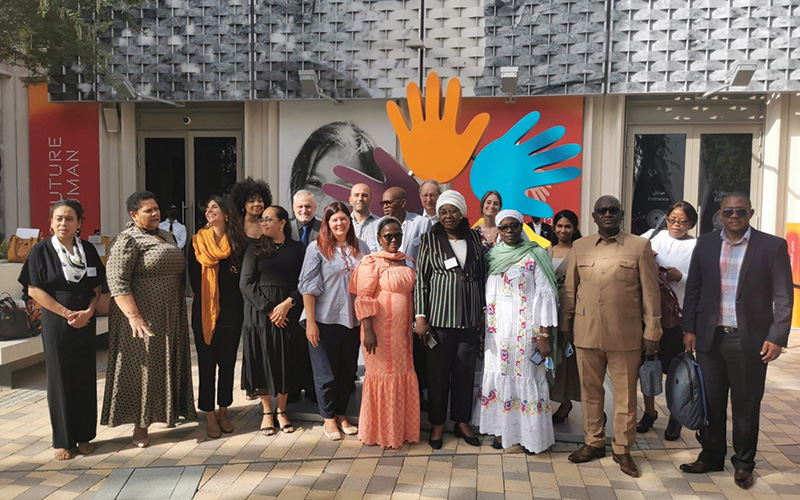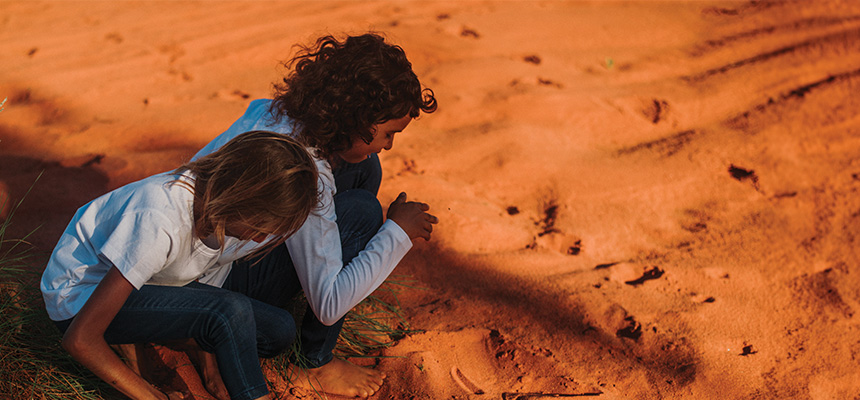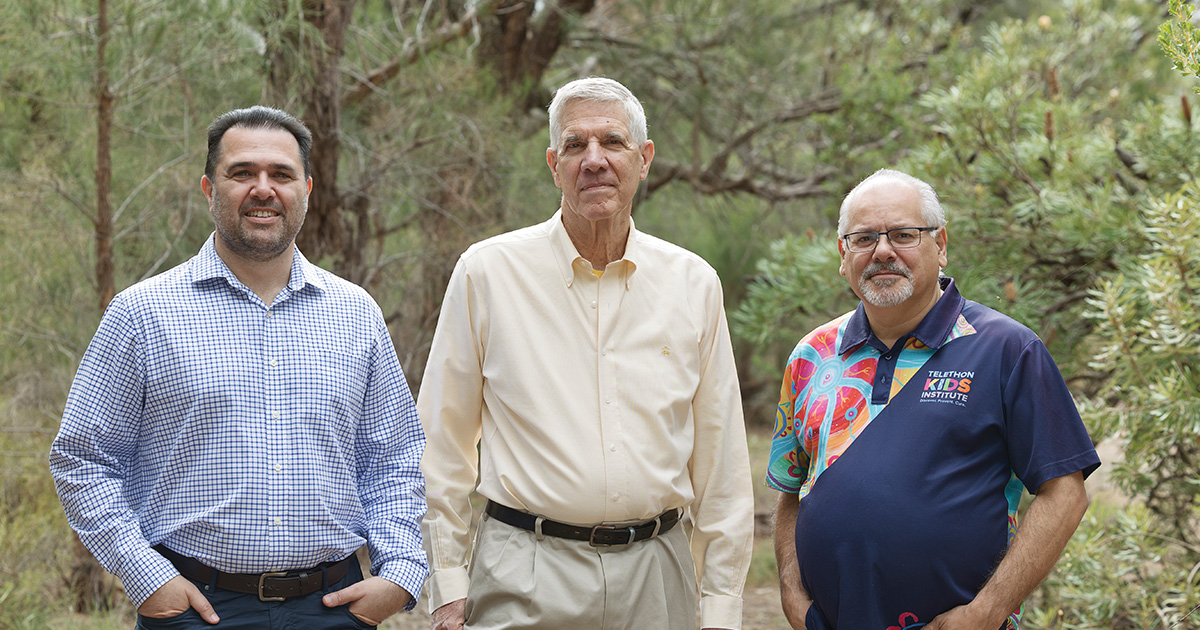Search
Research
Australian children's physical activity and screen time while in grandparental careThe objective of this study was to explore Australian children's engagement in physical activity and screen time while being cared for by their grandparents.
Research
It’s time for change: inequities and determinants of health-related quality of life among gender and sexually diverse young people in AustraliaThis study was guided by three research aims: firstly, to examine the longitudinal trends of health-related quality of life (HR-QoL) among gender and sexuality diverse (LGBTQA2S+) young people through adolescence (ages 14-19); secondly, to assess longitudinal associations between poor mental health and HR-QoL among LGBTQA2S+ young people through adolescence; and thirdly, to examine differences in HR-QoL among LGBTQA2S+ young people during early adolescence (ages 14 and 15) depending on select school-, peer-, and parent-level factors.
Research
Protocol for the Adolescent Menstrual Experiences and Health Cohort (AMEHC) Study in Khulna, Bangladesh: A Prospective cohort to quantify the influence of menstrual health on adolescent girls' health and education outcomesMenstrual health is essential for gender equity and the well-being of women and girls. Qualitative research has described the burden of poor menstrual health on health and education; however, these impacts have not been quantified, curtailing investment.
Research
Chronic suppurative otitis mediaChronic suppurative otitis media (CSOM) is a leading global cause of potentially preventable hearing loss in children and adults, associated with socioeconomic deprivation. There is an absence of consensus on the definition of CSOM, which complicates efforts for prevention, treatment, and monitoring.
Research
Histological predictors of outcome for cutaneous squamous cell carcinoma in renal transplant patients: A case-control studyCutaneous squamous cell carcinoma is a significant cause of morbidity for immunosuppressed patients such as organ transplant recipients; however, histological parameters which predict the likelihood of tumor progression are typically based on general population studies in which immunosuppressed patients represent only a small fraction of cases.

A powerful data tool developed by international child development researcher Professor Sally Brinkman and former research assistant Tom Brown could improve early childhood support for children around the world after being launched in Dubai this year.

Aboriginal families and communities have endured the imposition of countless ‘solutions’ and had to live with the consequences of these ineffective initiatives. Those consequence are sadly evident in the unrelenting gap in outcomes for Aboriginal kids, compared with other Australian children.

In 1998, The Kids Research Institute Australia embarked on one of the most ambitious population health projects in Western Australian history.

A series of fact sheets have been prepared on a number of issues relating to Indigenous suicide prevention, from our investigations and roundtable discussions.
Strengthening the capacity of Aboriginal children, families and communities
